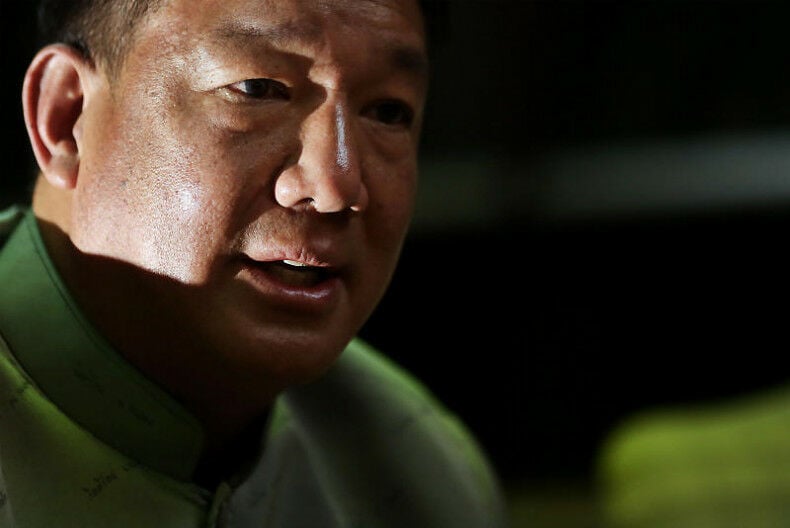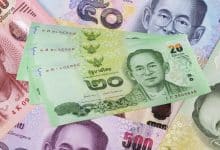Thai baht hits lowest level amid central bank independence fears

Thailand’s baht suffered a significant drop, marking the largest decline among Asian currencies amid growing concerns over the diminishing independence of the nation’s central bank. The baht depreciated by over 1% to 34.739 against the US dollar, reaching its weakest level since August 19.
This decline followed reports that Kittiratt Na-Ranong, a former finance minister known for his critical stance on the central bank’s stringent monetary policy, was selected as the new chairman of the Bank of Thailand (BoT).
Investor apprehension regarding the central bank’s autonomy has been intensifying, particularly as the Thai government continues to exert pressure on the institution to reduce interest rates. The speculation surrounding Kittiratt’s appointment has further fueled this caution, said Eugenia Victorino, head of Asia strategy at Skandinaviska Enskilda Banken AB in Singapore.
“As long as the central bank’s independence is at risk, investors will stay long on dollar-baht.”
This quarter, the baht has experienced a more than 7% decline, marking the poorest performance among Asian currencies. The Thai government has been actively campaigning for the central bank to lower borrowing costs, and investor sentiment has worsened in light of Donald Trump’s election victory and the anticipated introduction of substantial trade tariffs.
Although the role of the BoT chairman does not involve direct policy-making, Kittiratt will influence the selection of members for the Monetary Policy Committee (MPC) and evaluate the governor’s performance.
“The likely appointment of Kittiratt as the new BoT chairman could have given rise to market expectations for more rate cuts to come next year,” noted Lloyd Chan, a currency strategist at MUFG Bank in Singapore. He added that Thailand’s vulnerability to Trump’s tariffs presents a dual challenge for the baht.
Kittiratt, formerly associated with the ruling Pheu Thai Party, was chosen as the new chairman after a nearly five-hour selection panel meeting. His nomination came from Prime Minister Paetongtarn Shinawatra’s administration, which has persistently advocated for rate cuts by the central bank, despite a surprise reduction in borrowing costs last month, the first since 2020, reported Bangkok Post.
Kittiratt has been an outspoken critic of the monetary authority’s reluctance to lower rates to stimulate growth. As an economic adviser to Srettha Thavisin, before Srettha’s removal as prime minister, Kittiratt voiced his discontent.
During his tenure as finance minister in Yingluck Shinawatra’s Cabinet in 2013, he publicly challenged the then-central bank governor, Prasarn Trairatvorakul, urging for rate reductions.
Latest Thailand News
Follow The Thaiger on Google News:


























